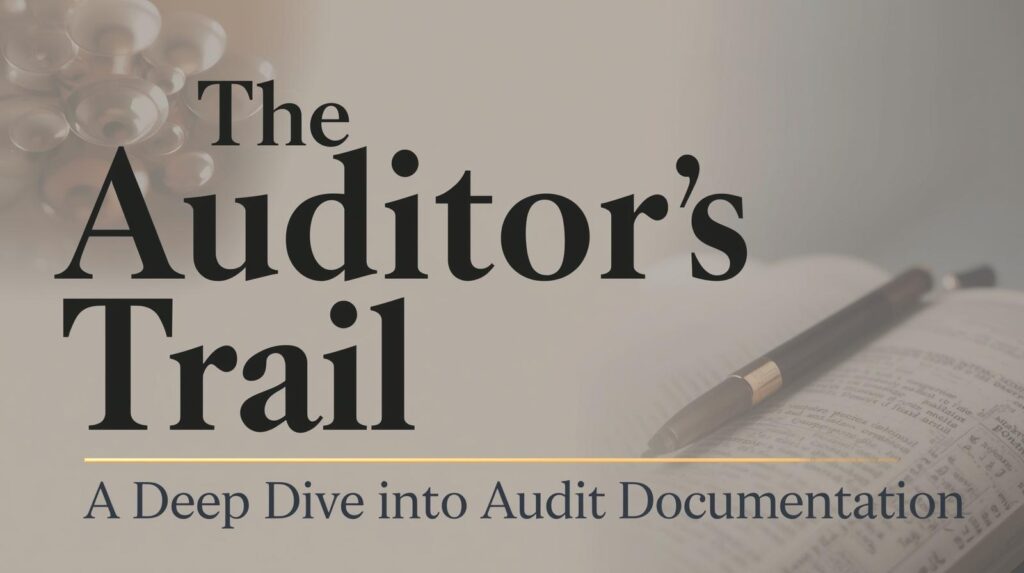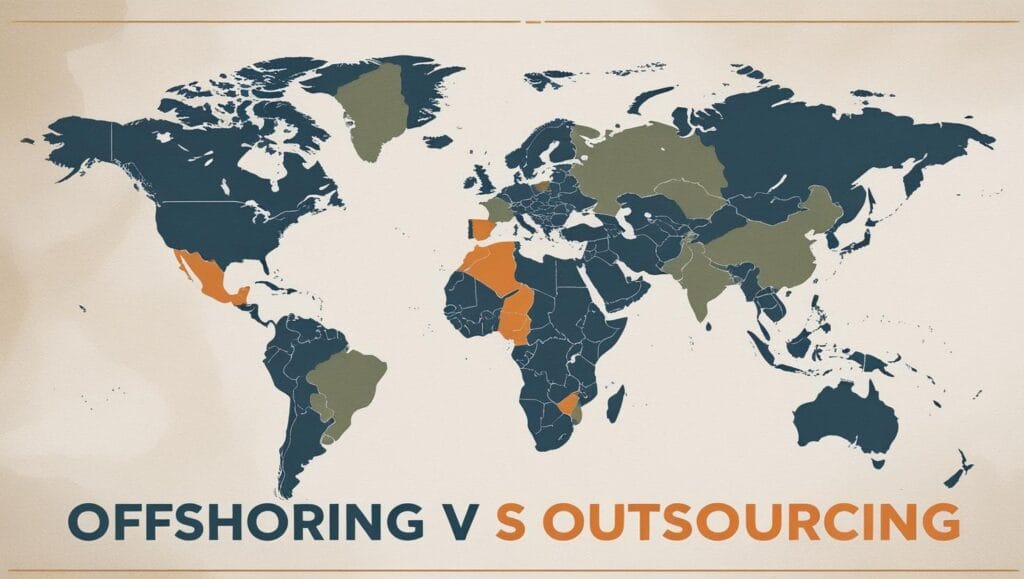What Is a Bank Reconciliation? A Clear Definition
If you run a business, handle the finances for a non-profit, or simply want to get serious about your money, you will inevitably encounter the term “bank reconciliation.” While it may sound like complex accounting jargon, the concept is straightforward and incredibly powerful. In essence, it’s a fundamental health check-up for your cash.
A bank reconciliation is a financial process of comparing two sets of records: the cash balance according to your internal records (the “cash book”) and the cash balance according to your bank (the “bank statement”). The goal is to identify and explain any differences between the two, ensuring your cash records are accurate, complete, and trustworthy.
Think of it this way: You have your version of the story (your books), and the bank has its version. A bank reconciliation is the process of getting those two stories to align perfectly by accounting for things like processing delays and unrecorded transactions.
Disclaimer: This article provides a general definition for educational purposes and is not a substitute for professional financial advice. For guidance tailored to your specific circumstances, please consult a qualified accountant.
The Core Purpose: Why Is Bank Reconciliation So Important?
Performing a bank reconciliation regularly isn’t just a “nice-to-have” bookkeeping task; it’s a critical control for any organization. In my years as a consultant, I’ve seen this simple process uncover everything from minor bookkeeping errors to significant employee fraud. Here are the key benefits:
-
✅ Accurate Cash Position
It verifies the true amount of cash your business has available. The number in your books might not be the spendable amount if you have large checks that haven’t cleared yet.
-
✅ Error Detection
It helps you catch errors quickly, whether they were made by your bank (rarely) or within your own bookkeeping (more commonly). Finding a $50 mistake this month is infinitely easier than finding it six months from now.
-
✅ Fraud Prevention
This is a major benefit. A reconciliation can uncover unauthorized withdrawals, forged checks, or other fraudulent activity in a timely manner, allowing you to take immediate action.
-
✅ Improved Cash Flow Management
By seeing which payments have and haven’t cleared, you get a much better picture of your cash cycle. This helps you manage your payables and receivables more effectively.
-
✅ Foundation of Accurate Financials
Cash is a cornerstone of your financial statements. An accurate cash balance is the first step toward producing a reliable Balance Sheet and Income Statement that you can use for making critical business decisions.
-
✅ Simplified Tax & Audit Prep
Having a year’s worth of completed bank reconciliations makes tax preparation and any potential audit a much smoother and less stressful experience. It provides a clear and trustworthy trail of your financial activity.
Who Needs to Perform a Bank Reconciliation?
The short answer: anyone who needs to maintain accurate financial records for a bank account.
- All Businesses: From a solo freelancer to a multinational corporation, every business must reconcile its bank accounts to ensure the integrity of its financial data.
- Non-Profit Organizations: For charities and other non-profits, reconciliations are a critical part of financial stewardship and accountability to donors and boards.
- Individuals: While most individuals don’t need to perform a formal reconciliation, those with complex finances, multiple income streams, or trust accounts can benefit immensely from the discipline.

